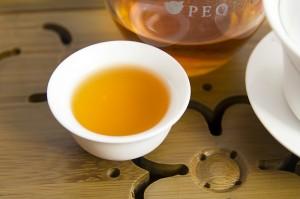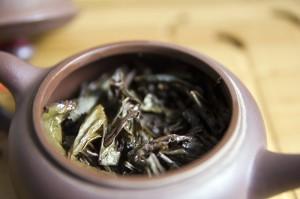Though it has always been trumpeted that drinking tea is healthy- and with certain caveats that is true- there are consumption habits that are frowned upon for health reasons.
These are obtained from various writings with a Traditional Chinese Medicine (TCM) perspective in regards to tea consumption. As I have reiterated on many occasions, we are not TCM practitioners but throughout our own experience, we have discovered much wisdom in TCM methods and we are sharing what we have read and learned.
Besides, it costs you nothing to observe these recommended best practices in tea.
Don’t drink tea that has grown cold

Earlier this year, I had a prolonged- more than 4 months- bout of cough. With a revolving door of Western and Chinese medicine professionals before me, it was only the 3rd TCM practitioner (and 5th or 6th doctor overall) that pointed me in the right direction.
My wife frequently nags me about how much tea I drink and at her behest (instruction) I repeatedly asked the TCM practitioners if my tea consumption was an issue. To which the reply was always the same “Don’t drink tea that has grown cold”.
Don’t drink tea immediately before and after meal times
In fact, most TCM practitioners recommend that you should stop consumption of tea approximately half an hour before and an hour after your meal times. This is due to the polyphenol compounds in tea that hinder iron absorption and prolonged consumption during mealtimes could lead to iron deficiency.
Of course this is more applicable for regular daily consumption. It is not to say you should shiver with fear and call a hematologist when you unwittingly consume tea with your meals. As with most TCM wisdom, it is about altering your daily consumption and living habits rather than a quick fix.
Don’t drink tea brewed with leaves that are left overnight

The protein and sugar compound in tea can be a hotbed for bacteria growth when left unattended for a prolonged period. This can cause damage to your digestive system and feelings of nausea.
Don’t drink too much tea in a day
Contrary to masochist declarations, there is such a thing as too much tea. Overconsumption of tea-especially tea that is too strong- leads to caffeine overdose which among other things can cause over-excitement, heart palpitations and insomnia. Overdose of caffeine and polyphenols also causes damage to the digestive system.
In general, TCM practitioners recommend between 10-15g of tea per day, stretching to 20g for those with active lifestyles. So in general that works out to about 1-1.5 liter of brewed tea which isn’t exactly a tea fast.
Naturally this varies with lifestyles and food consumption habits. For example historically tribes in Xinjiang and Tibet generally lack vegetable in their diet and increase their tea consumption to compensate.
For more information on Tea and Health, you can refer to these excellent works:
1) 喝茶的智慧-养生养心中国茶 by 赵英立 published by 湖南美术出版社
2) 茶与健康by屠幼英published by 世界图书出版公司 (though rather technical for casual readers)
